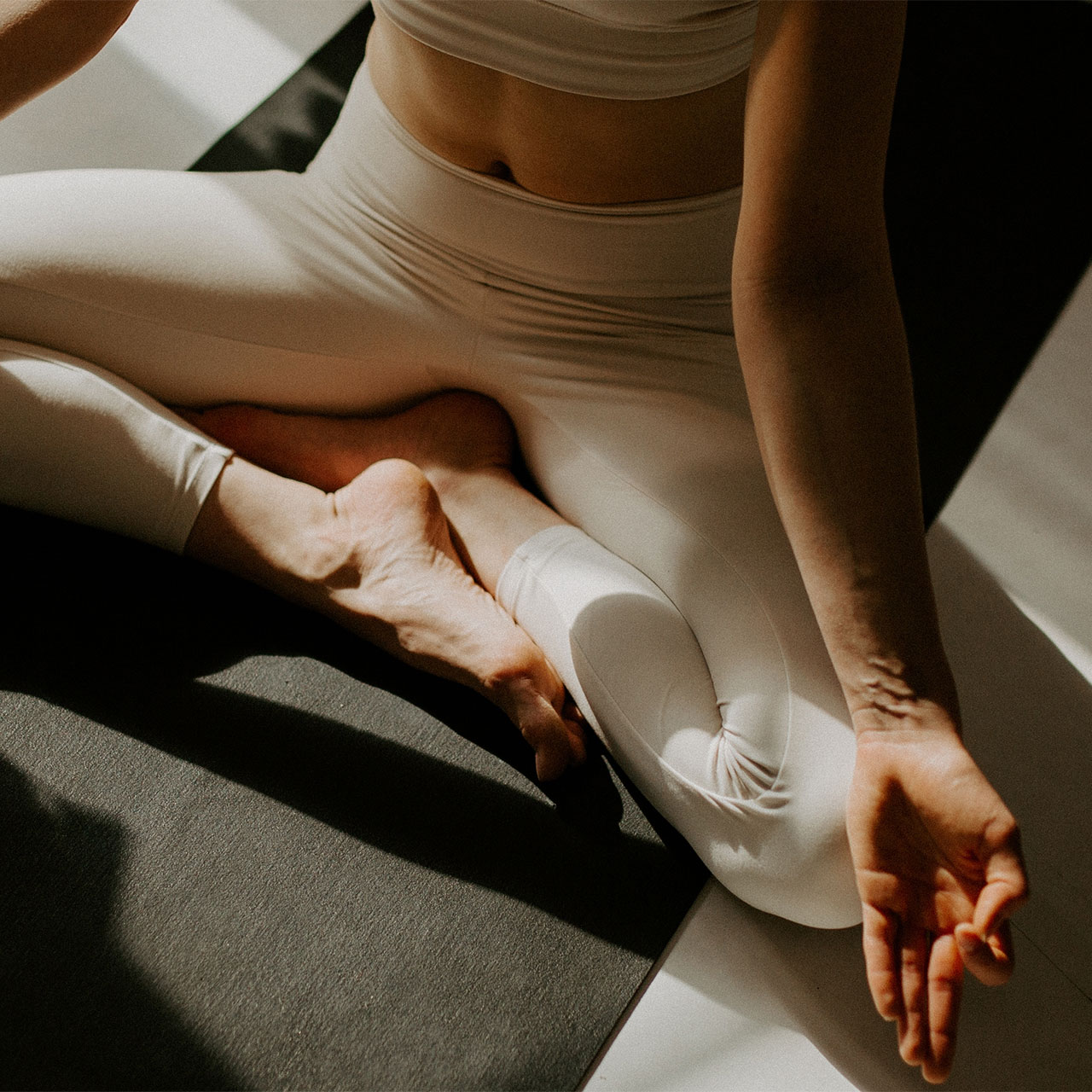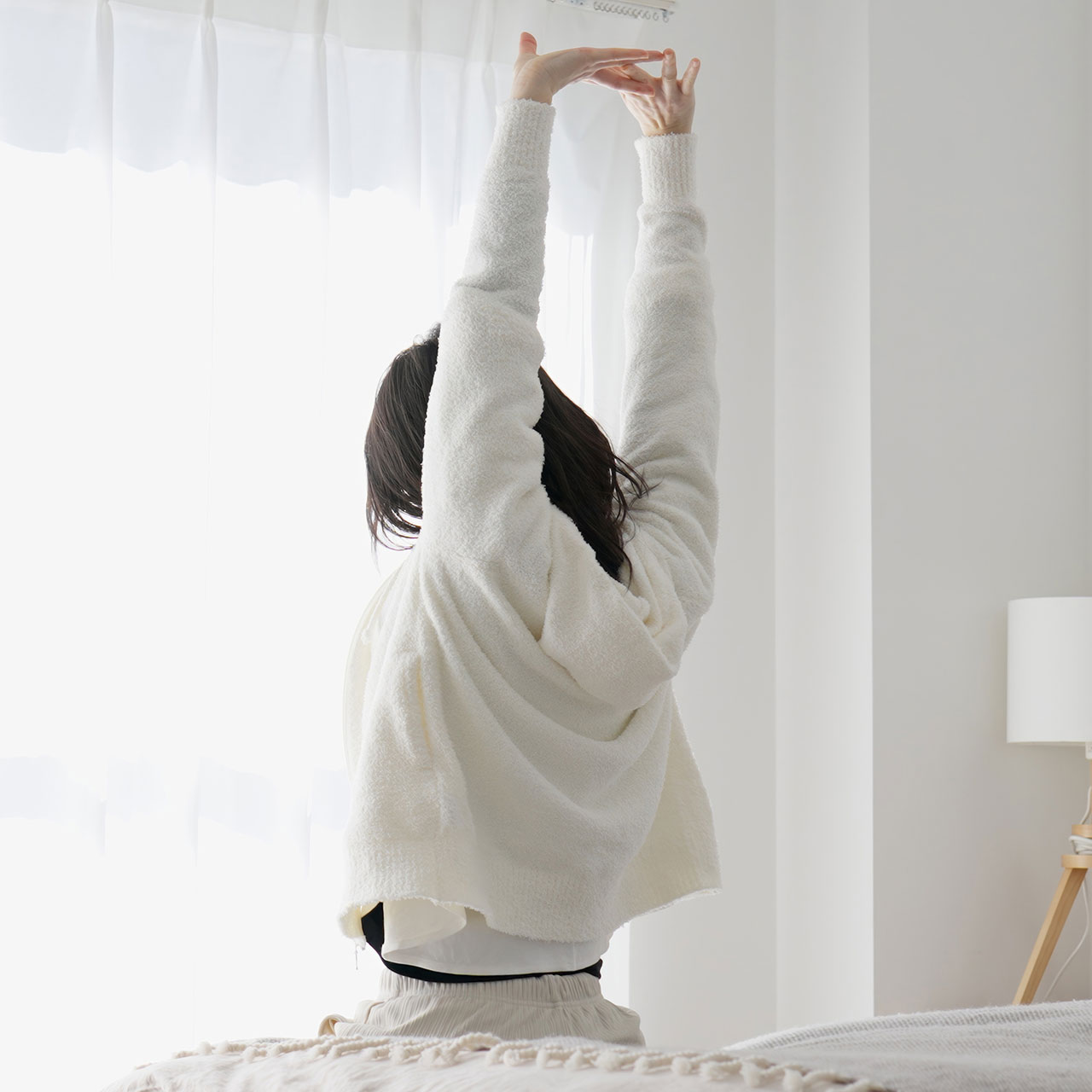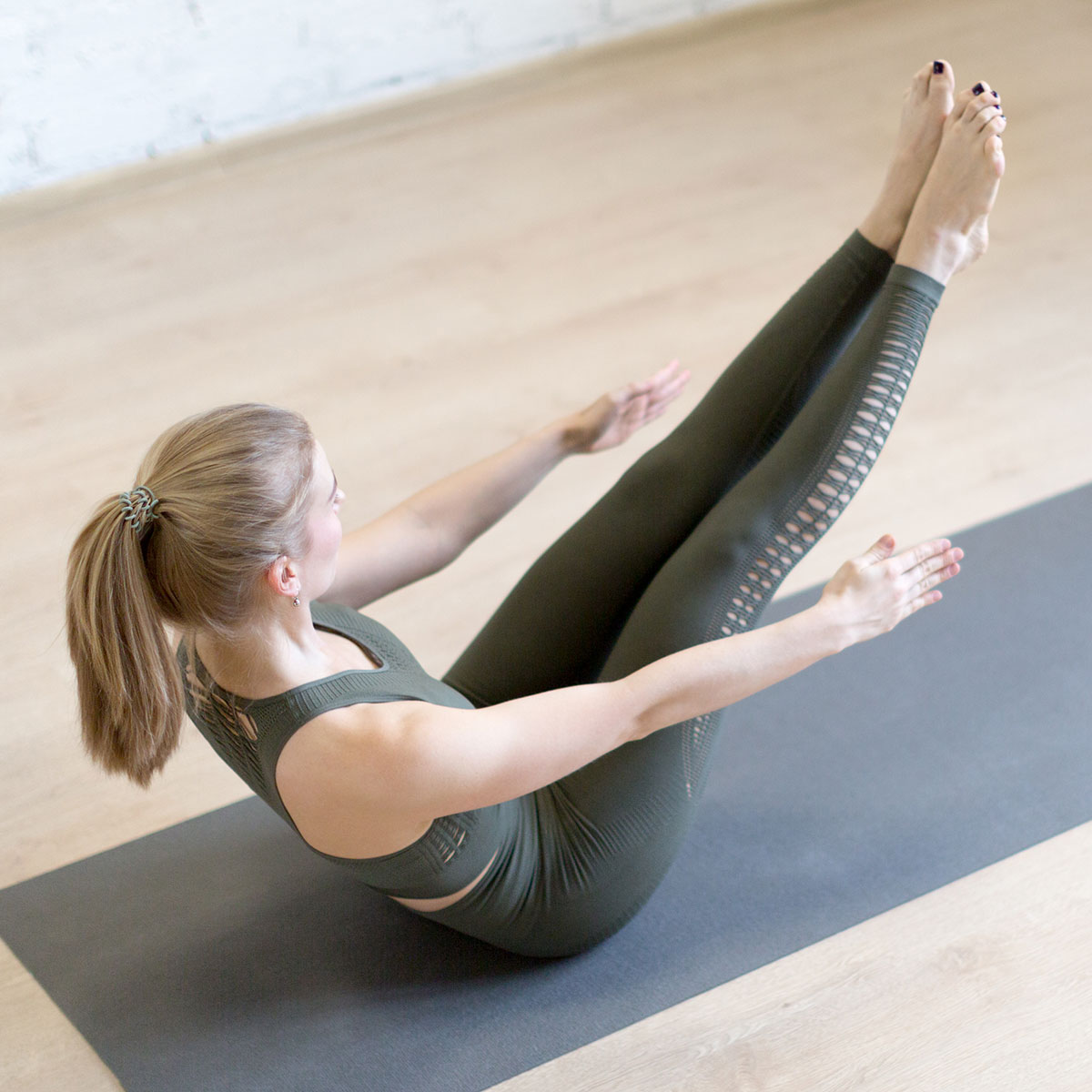Waking up early helps you kickstart your day and maximize your productivity. But for many of us, it’s easier said than done. It’s true that the early bird gets the worm, but the act of physically getting out of bed can feel grueling and impossible. While some of us are more inclined to wake up early than others, like any other habit, waking up early can be learned and practiced. We asked health experts what their best advice is for becoming a morning person, from your sleep habits to your exercise routines.

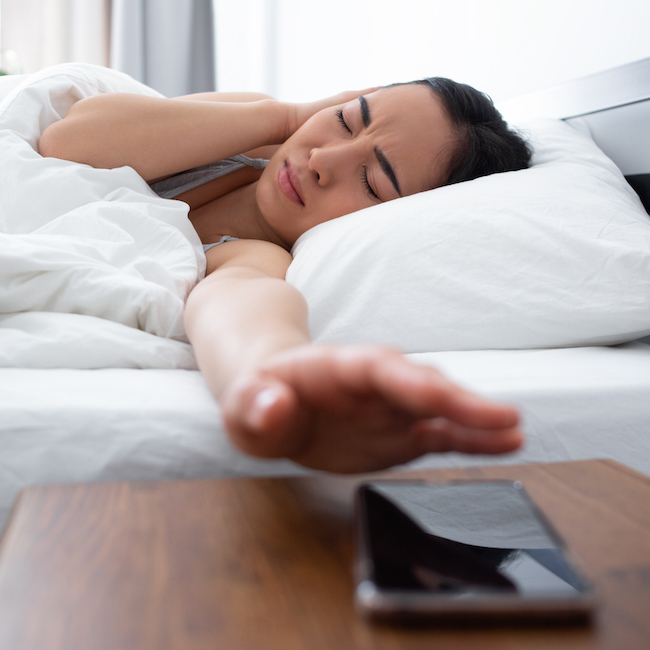
Many of us struggle to wake up energized because we don’t get good quality sleep at night. We often think in a quantity over quality mindset when it comes to sleep, but if you aren’t sleeping well, how much of it you’re getting isn't as relevant. One way to improve your sleep quality is through establishing a sleep routine. “Research shows that good sleep hygiene is important. A consistent sleep routine where you go to sleep around the same time and wake up at the same time improves sleep quality and can dramatically improve the ability to wake up early as the body acclimates to the routine.” says Dr. Bill Cole, a functional medicine expert. This includes things like keeping your bedroom dark and cold for sleep, and even using essential oils like lavender, which has a calming effect. Having a strong sleep routine is one way you can wake up feeling energized.
Your habits nutrition-wise are another thing that can impact your ability to wake up in the morning. “Try not to eat too large of a meal too close to bedtime, as digesting foods can make it difficult to fall asleep and disrupt your sleep cycle,” says Ashley Bannister, MS RD LD, a Noom Coach, “If you’re hungry before bed, have a light snack, like a piece of fruit, so that your empty stomach does not keep you awake and disrupt your sleep cycle.” Another helpful thing to evaluate when it comes to energy and sleep is how much caffeine you’re consuming and when you’re consuming it. You should limit caffeine in the afternoon and evening for a good night’s sleep which will also support a good night’s sleep. While coffee can be enjoyed in moderation, one thing you should drink first thing in the morning is cold water, which will boost your alertness and help you wake up.
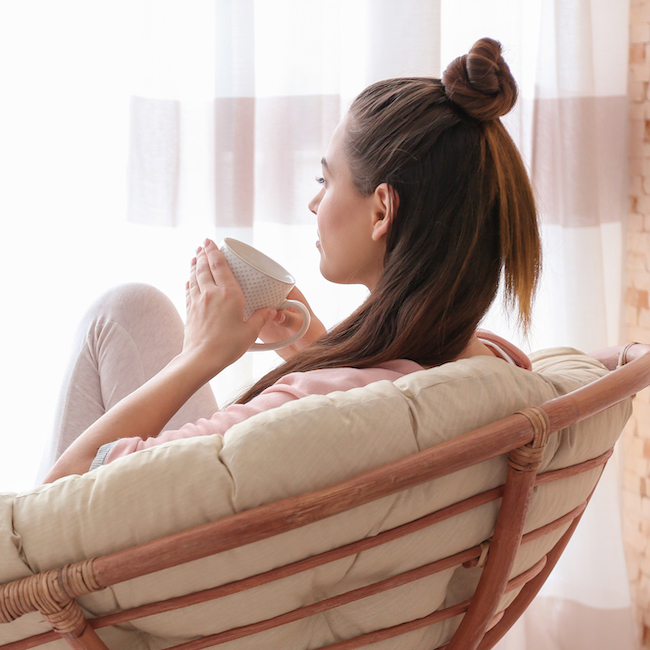
Besides sleep routines and nutrition, balancing your technology habits is also an important thing to take into account. “Stress and anxiety can make falling asleep harder. The resulting lethargy and fatigue can lead to excessive sleepiness in the morning making it difficult to wake up,” says scientist David Lee, founder of Oryx Biomedical, “Smartphones and social media, for example, are designed to hook our attention and trigger various neurological responses resulting in increased stress and anxiety for many people.” Reduce your use of technology, especially close to bedtime, to make falling asleep easier.
Habits are key. Making sure your habits all day long—from what you eat during the day to what you do to prepare for bed—are all things that will make waking up the next day easier. Forming lasting habits take time, but the tips mentioned above can help get you in the right direction.




